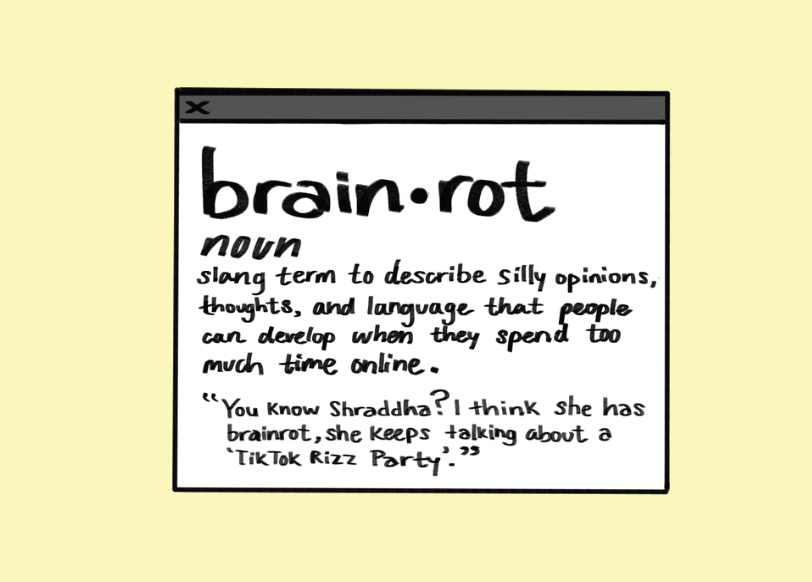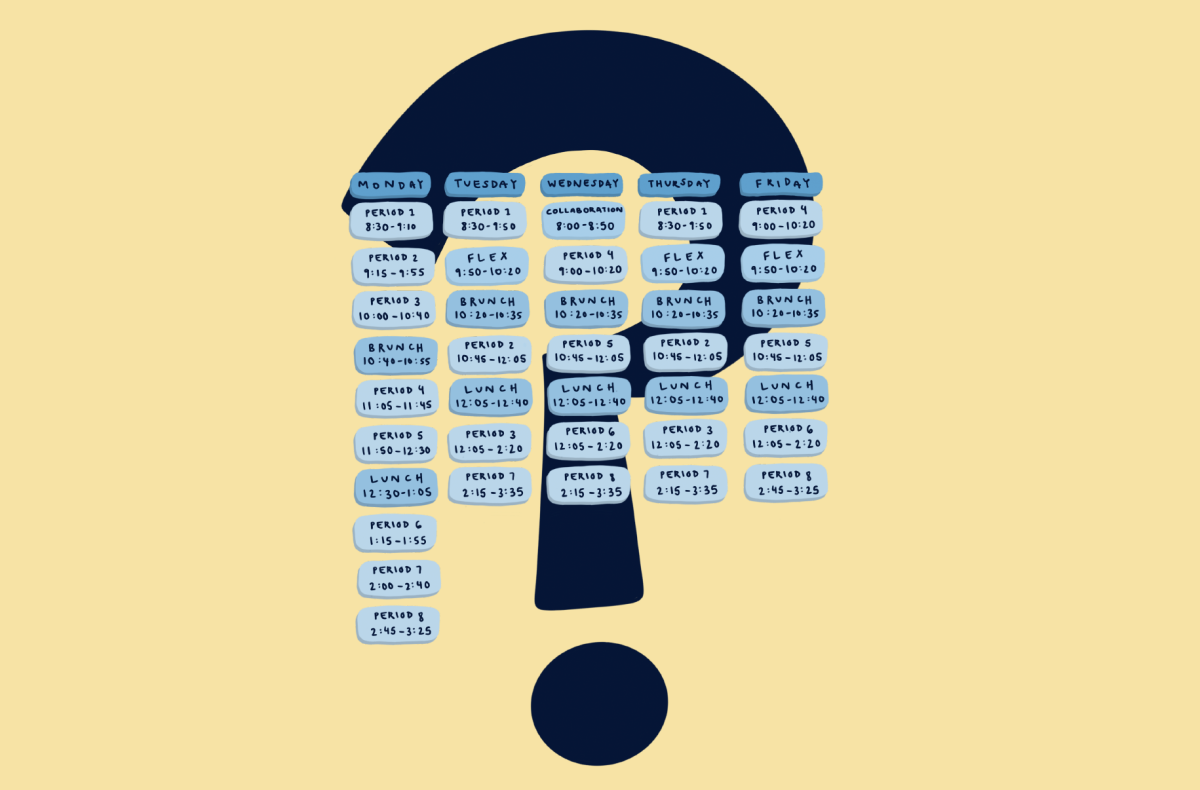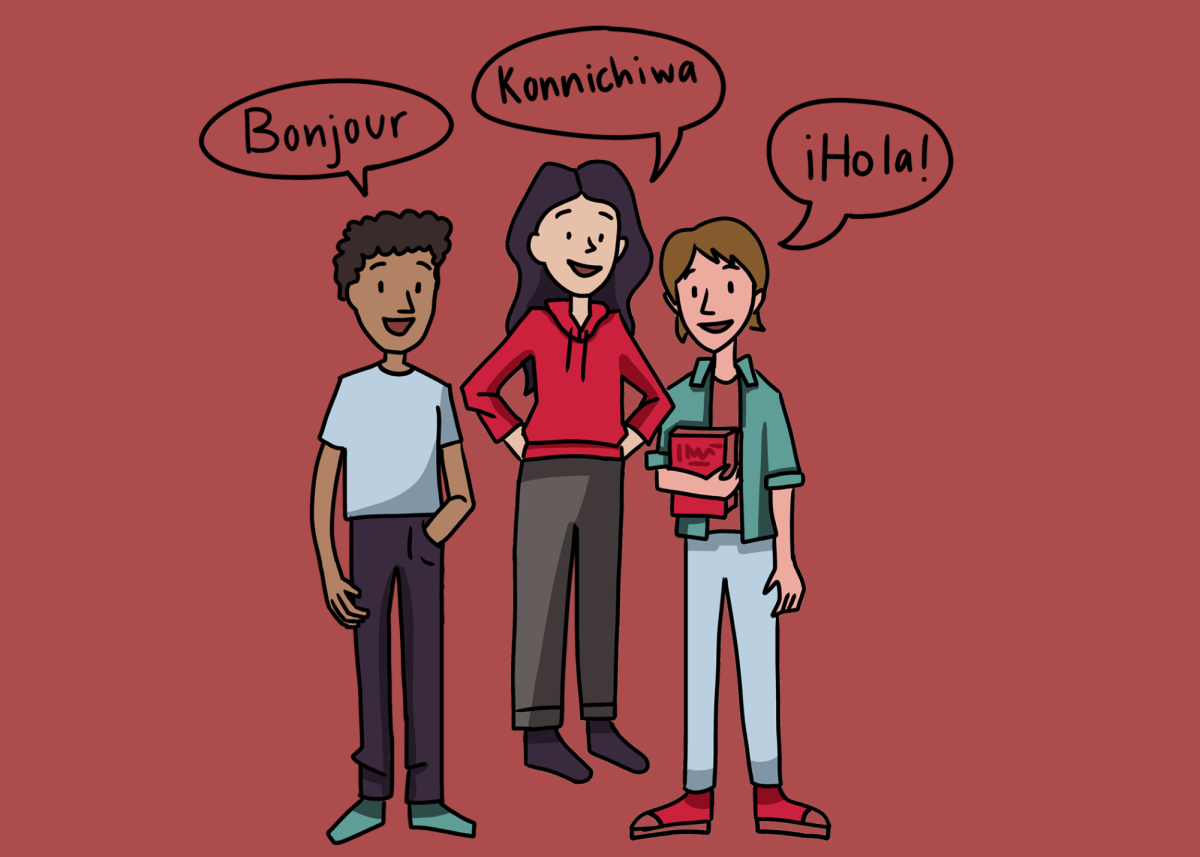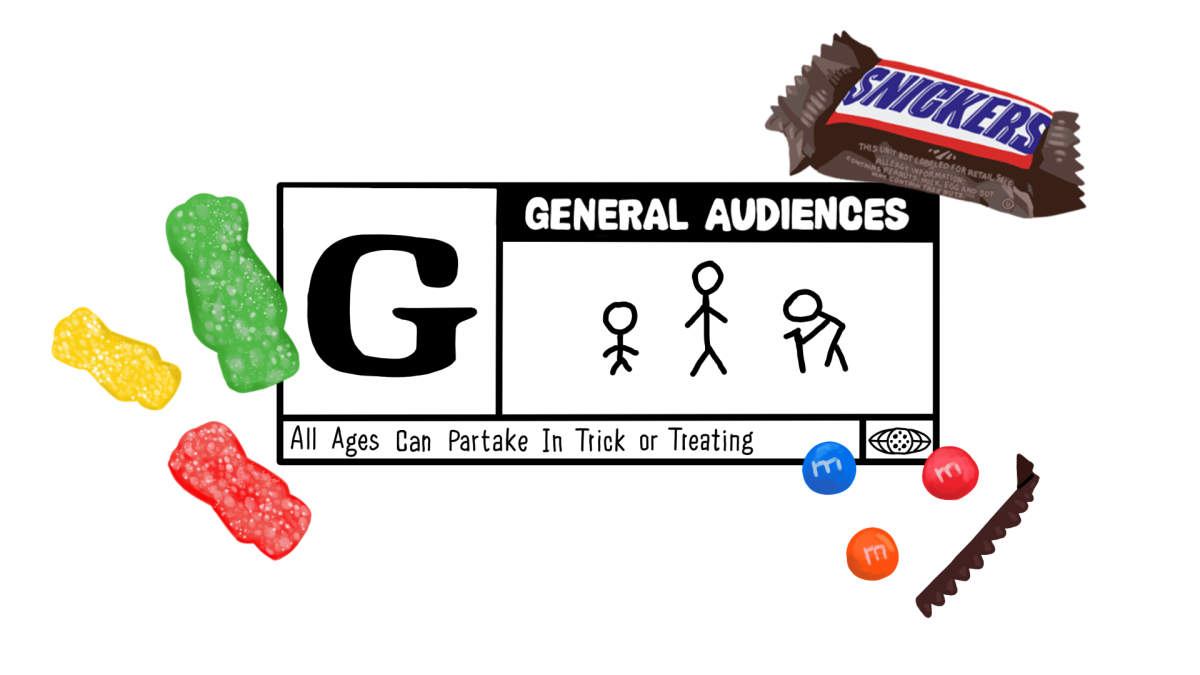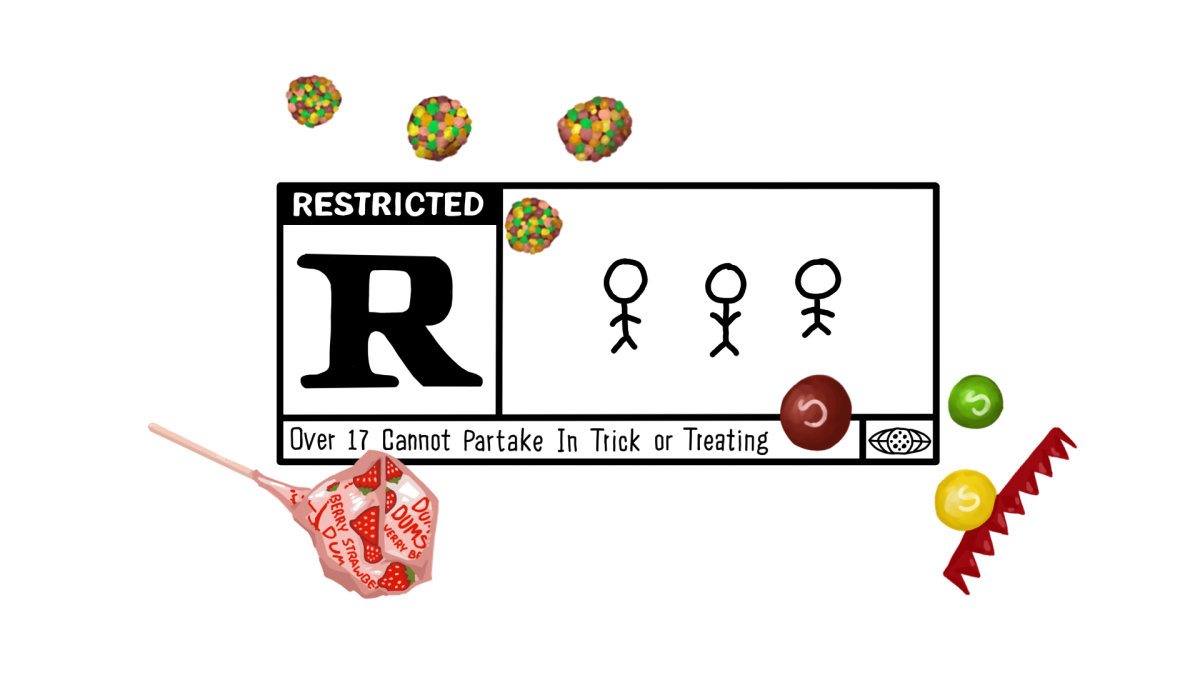As the cost of housing around the Bay Area instead, many young adults have decide to live with their parents. In 2023, almost 45% of young adults aged 18 to 29 live with their parents, according to the U.S. Census. The once reasonable choice of moving out of the family home has become much more inaccessible to your average 18-year-old adult fresh out of high school.
Still, there are stigmas surrounding living in the family household into adulthood. Individuals who do so are often seen as lazy, immature and lacking the skills for proper financial independence. These do not reflect the material reality of near-exponential rent increases in a competitive job market. In response, some push for the normalization and destigmatization of living with your parents as a young adult. However, their efforts to reduce the unearned shame caused by an unfair housing market may be causing more harm than good.
Beyond the reasonable complaints about the economy, there lies a more abstract and vague reasoning behind the destigmatization of living with your parents. They justify their living situations through historical precedence and cultural normality. For most of history, living with one’s parents has always been the typical living standard. They cite a variety of multicultural traditions — such as East and Southeast Asia where intergenerational households are the norm — they attempt to assert themselves as a more “true” and “traditional” norm when living with their parents.
In many of the societies that these movements cite, such as China or Vietnam, there is a more policy-related reason for these households. Contradicting the idea that the cultures in Asia keep intergenerational households due to being more “traditional,” the lack of desire for a household with several generations comes from the lack of institutional support from the government for elderly care. Thanks to poverty and other financial conditions, the freedom to choose whether or not you live with your parents is much harder to access in these countries than in U.S.
America has prided itself on giving individuals the ability to create their financial independence and boosting autonomy for its citizens since the Great Depression. The social safety nets that were created in response to the Great Depression were specifically meant to encourage financial independence from one’s family. In spreading the normality of an intergenerational household, it also accepts the regression of these social safety nets and the failure of the government to prevent the housing market from getting this bad.
Living in an intergenerational household can limit one’s opportunities for independent growth and exploration. It can be particularly challenging for those who constantly worry about being monitored or judged by their authority figures. When your parents are just a room away, it can be difficult to take risks or engage in activities that may be considered embarrassing or shameful.
Unfortunately, many movements tend to focus on removing the stigma far more than addressing the root cause of government policy failures in regulating the housing market. The lack of political mobilization from these movements condemns them to simply taking this economic and social regression as it is given. While it is important to recognize the unreasonable shame that society places on those living with their parents out of necessity, striving for financial independence and autonomy from one’s family is also crucial.







